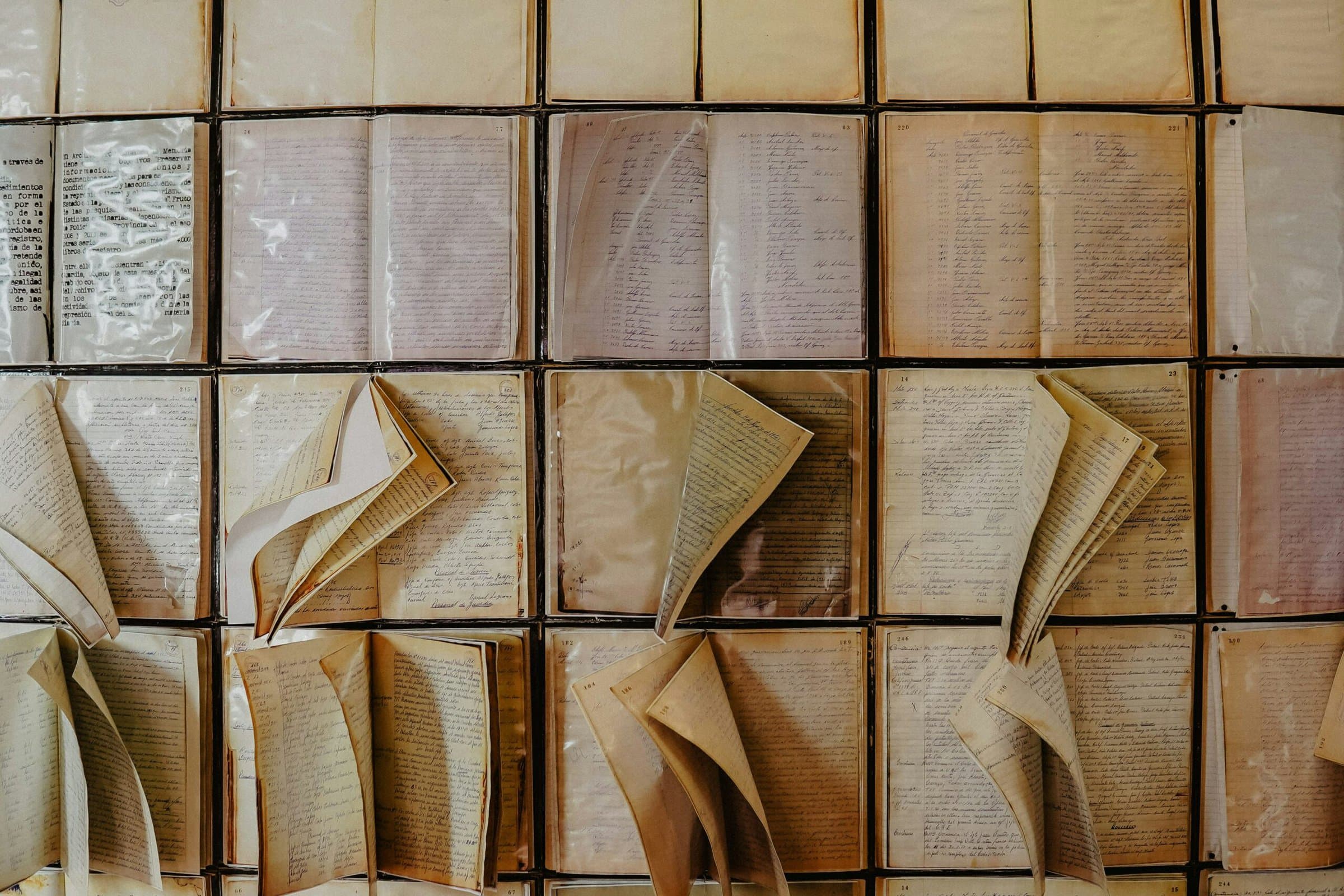From the minutes of the annual business meeting, held in Campbell Hall, Ohio State University, Columbus, Ohio, December 29, 1923
Mr. William E. Lingelbach, chairman, presented the report of the committee on history teaching in the schools. He commented at length on the movement now in progress for the coordination of the social studies in the schools in this country. He offered the following resolutions which, on motion of Mr. H. D. Foster and Mr. G. S. Ford, were adopted by a unanimous vote of the association:
Whereas history and the other social studies in the schools are being subjected to searching study and criticism, and because the situation offers a singular opportunity for the exercise of the influence of this association in the solution of the different problems involved in accordance with its policies in the past: Be it
Resolved: I. That this association indorse the recommendation of its executive council favoring the development of a strong constructive policy in the matter of history in the schools.
II. That in the development of this policy, the following subjects be given especial consideration:
-
- The advisability of a comprehensive survey of history and the other social studies in the schools, either by a new investigation or preferably by an extension of the inquiry now in progress, to include associated administrative problems, the time allotted to history in comparison with that given other subjects, and like questions.
- A new statement of the value and contribution of history to education, independent of and apart from the other social studies.
- A statement or brief for the social studies as a whole with a view to obtaining for these subjects consideration commensurate with their importance.
- A careful study of the important problem of teacher training which appears at present to be sadly inadequate and in a most chaotic state.
- A study of college entrance requirements and of the freshman course in colleges and universities.
- The reorganization and enlargement of the committee on history in the schools so as to provide for a subcommittee of five to deal with the question of teacher training and a subcommittee of three to consider entrance requirements and the freshman course.
III. That this association continue to cooperate with the other organizations such as the National Council for the Social Studies, the Joint Commission on the Social Studies, the National Education Association, and other bodies interested.
IV. That this association does not consider it advisable at this time to promulgate a special program of courses, deferring consideration of that question until further study of conditions and tendencies through the survey and other channels has been made. Neither does it advocate any particular one of its former programs as adequately meeting the needs at this time. That instead there be drawn up a carefully developed statement of principles and other factors which, in the opinion of the committee, enter into and underlie the different problems of successfully presenting history and the other social studies in the schools.
Mr. Carlton J. H. Hayes, chairman of a committee of the council to prepare resolutions expressing the opinion of the association in regard to recent agitation concerning textbooks in history, reported that the committee had conferred with the committee on history teaching in the schools and offered the following resolutions. On motion of Mr. F. M. Anderson, the resolutions were carried by a unanimous vote.
Whereas there has been in progress for several years an agitation conducted by certain newspapers, patriotic societies, fraternal orders, and others, against a number of school textbooks in history and in favor of official censorship, and,
Whereas this propaganda has met with sufficient success to bring about not only acute controversy in many cities but the passage of censorship laws in several States: Therefore be it
Resolved, By the American Historical Association, upon the recommendation of its committee on history teaching in the schools and of its executive council, that genuine and intelligent patriotism, no less than the requirements of honesty and sound scholarship, demand that textbook writers and teachers should strive to present a truthful picture of past and present, with due regard to the different purposes and possibilities of elementary, secondary, and advanced instruction; that criticism of history textbooks should therefore be based not upon grounds of patriotism but only upon grounds of faithfulness to fact as determined by specialists or tested by consideration of the evidence; that the cultivation in pupils of a scientific temper in history and the related social sciences, of a spirit of inquiry and a willingness to face unpleasant facts, are far more important objectives than the teaching of special interpretations of particular events; and that attempts, however well meant, to foster national arrogance and boastfulness and indiscriminate worship of national “heroes” can only tend to promote a harmful pseudo patriotism; and be it further
Resolved, That in the opinion of this association the clearly implied charges that many of our leading scholars are engaged in treasonable propaganda and that tens of thousands of American school teachers and officials are so stupid or disloyal as to place treasonable textbooks in the hands of children is inherently and obviously absurd; and be it further
Resolved, That the successful continuance of such an agitation must inevitably bring about a serious deterioration both of textbooks and of the teaching of history in our schools since self-respecting scholars will not stoop to the methods advocated.
Related Resources

March 31, 2008

